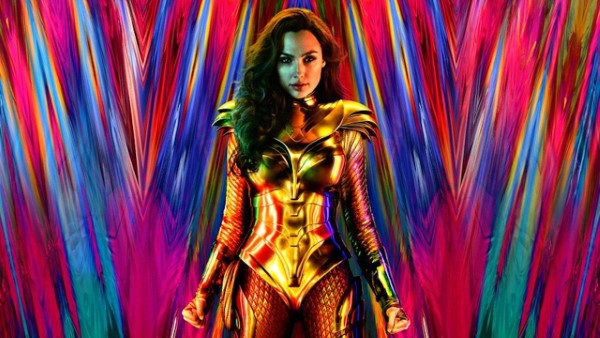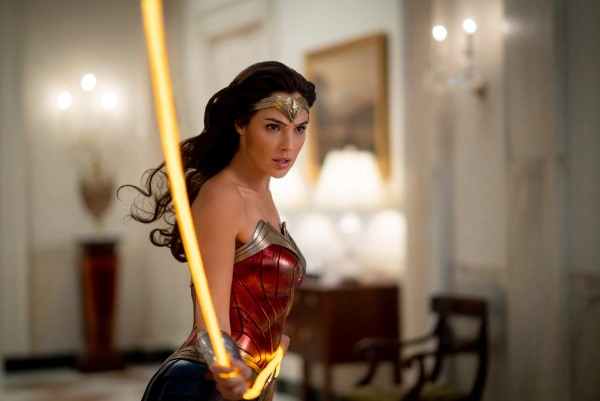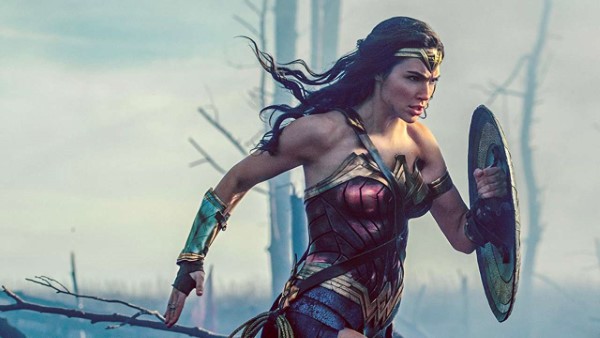
Wonder Woman 1984 caps off what is certainly one of the weirdest and worst years for the movie industry in decades. Owing solely to the still raging pandemic, half the movies that were supposed to come out in 2020 have been indefinitely delayed, while the other half were haphazardly delivered to the public via empty theaters, pay-per-view streaming services or, like this one, an awkward combination of both. So, is the sequel to one of DC’s best-liked films worth a trip to the theater or the price of a month of HBO Max?
Tldr; No to the former (that goes for any movie); to the latter, it depends.
WW84 kicks off right where Wonder Woman’s (2017) prologue ended: with a young Diana still trying to prove herself, this time in some sort of Amazonian decathlon racing against women twice her age and size. The point is obviously for her to learn some lesson that will later apply (but apparently wasn’t very important to her journey in the first film), but its connection to Diana’s internal struggles later in the film feel so tenuous that the two-and-a-half-hour movie could surely have done without it.

Cut to: the ’80s! Neon, spandex . . . and malls! Wonder Woman has come into her own as a superhero, flying around town saving innocents from various routine accidents and jewelry store robberies all while maintaining her anonymity. But when an ancient stone that grants wishes is one of the stolen items, it attracts the attention of Max Lord (Pedro Pascal), a Troy McClure-type wannabe oil tycoon. Kristen Wiig plays Barbara Minerva, Diana’s insecure and annoying colleague at the Smithsonian charged with studying the stone, whose admiration for Diana becomes something greater thanks to the stone. It’s not hard to predict that Lord gets his hands on the magical mineral monkey’s paw, or that he puts it to bad use.
Pascal seems to be the only one having fun in the film. His over-the-top performance matches the now-nostalgic décor of the time period, and elevates the often-dull gear-spinning of the plot. Even Wiig, who seems well-cast in theory, isn’t given the material to play to her strengths the way a Marvel film would’ve mined her charm. And Chris Pine, the fighter pilot love-interest from the ’40s, returns in a hackneyed conceit. His return, like many of the “super” aspects of Wonder Woman herself (invisible jet, anyone?) feels purely perfunctory, his character’s best and most successful moments merely serving to point out just how futuristic the ’80s truly were when compared to the ’40s.

What WW84 proves with its own internal retconning, its clunky and sometimes hilariously bad dialogue, and its simultaneously bombastic and boring action sequences, is that its predecessor wasn’t so much a turning point for DC movies but an anomaly, elevated above its dour filmic siblings by its relative lightness and charm. WW84 goes for both tones—and fails. In the end, Wonder Woman gives a hopeful speech to our villain, one that is obviously and explicitly meant to evoke our “troubled times,” and it goes down about as well as Gal Gadot’s now-infamous “Imagine” video.













